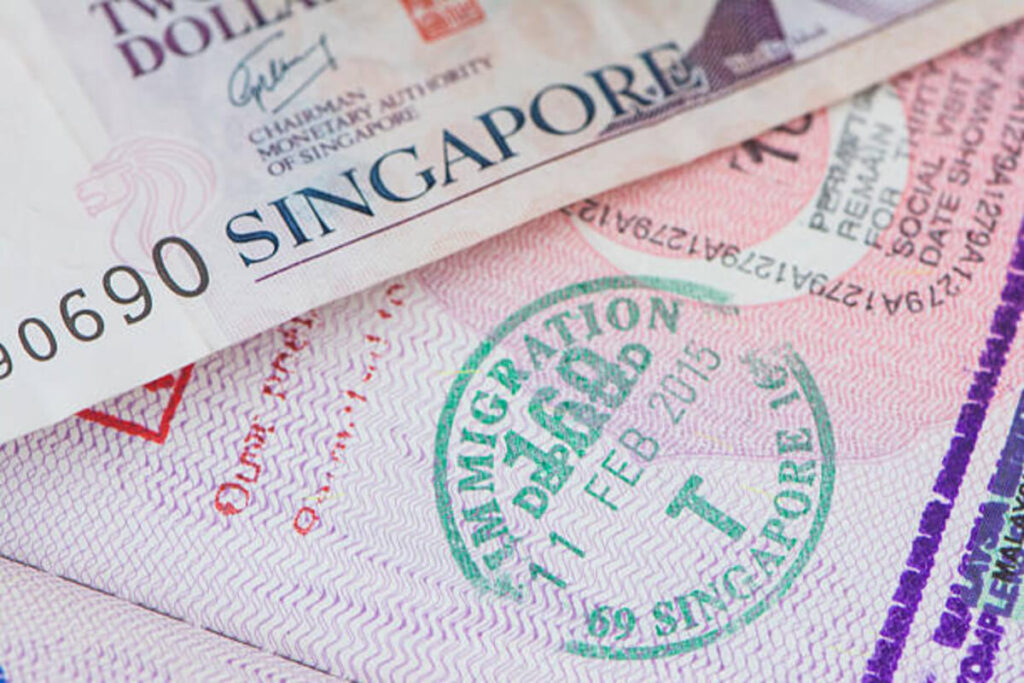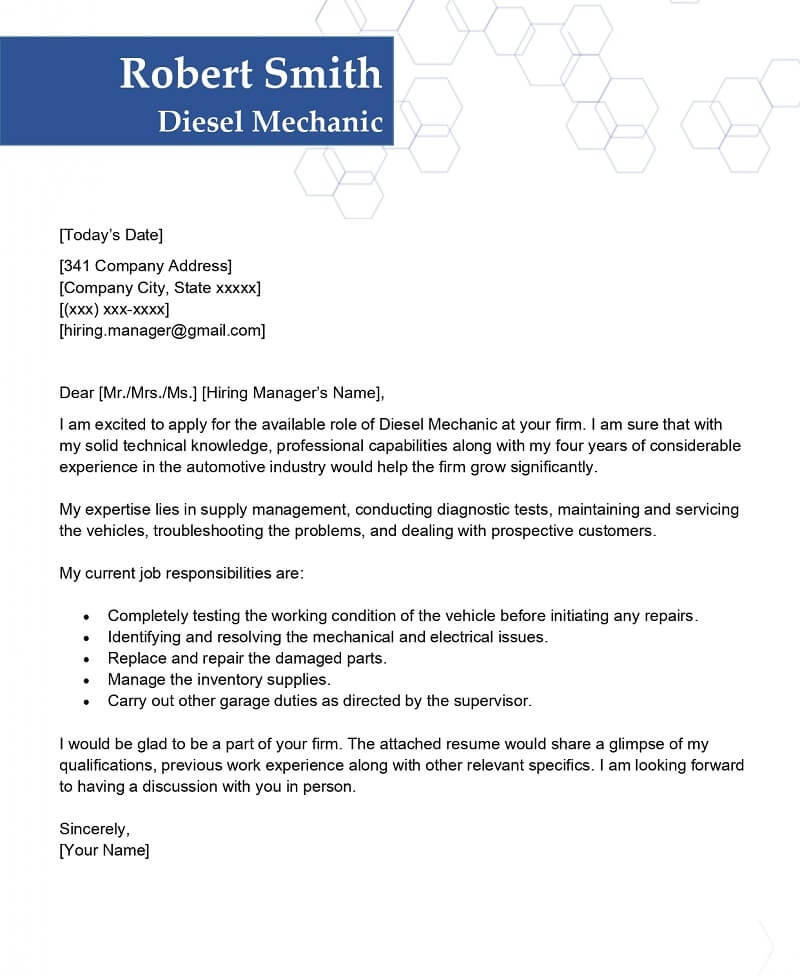When applying for a visa, many people focus only on documents, interviews, and travel plans. But what many applicants don’t realise is that their nationality plays a major role in the decision. How your country of origin affects your visa chances is something every traveller should understand before applying.
Advertisement
Immigration officers often use your country’s history, travel reputation, and past applicant behaviour to decide how much risk you present. This means people from different countries face different approval standards. Knowing how these patterns work helps you prepare better, avoid costly mistakes, and improve your chances of getting the visa you need.
Your Country of Origin Matters More Than You Think
Where you’re from can directly affect your visa approval chances. Embassies use your country of origin to estimate risks, including overstaying, working illegally, or not returning. Some countries have stronger travel reputations and better diplomatic ties, making it easier for their citizens to get visas.

Others face higher rejection due to a history of violations or weak passport rankings. Your nationality becomes a quick filter for visa officers to decide how strict they should be with your application. Knowing this helps you prepare better, so you can give them more reasons to trust your application and approve it.
- Explain how embassies assess visa applicants differently based on nationality.
- Mention that some countries face higher rejection rates due to overstay risks, weak diplomatic ties, or a history of immigration fraud.
Read: How to Build Credit Abroad as a New Immigrant
Why Visa Approval Rates Differ by Country
Visa approval isn’t only about your documents it’s also about where you come from. Embassies review data from past applications and track trends based on each country. If many applicants from your country overstayed or violated visa terms, officers will be stricter. Political relationships, security concerns, and economic strength also play big roles.
A strong country reputation builds officer confidence, while poor records trigger doubt. Officers use these patterns to reduce risk. If you come from a high-risk country, it doesn’t mean rejection is certain, but you’ll need to submit stronger evidence and follow the rules exactly to qualify.
List the common reasons visa officers use country-based filters:
- Historical overstay data
- Economic stability of the home country
- Local passport strength
- Political relations
- Volume of past visa violations from that country
Common Trends Based on Country Categories
Visa approval rates tend to follow a global pattern. People from low-risk countries like Canada or Germany often enjoy smooth approval because their nations have strong passports and low visa violation records. Medium-risk countries may face questions, but good documentation usually leads to approval. In high-risk countries, many applicants face high rejection rates, even when qualified.

This is due to past visa abuse, security issues, or political tension. If you know which category your country falls into, you can adjust your strategy. Building travel history, proving strong home ties, and submitting accurate forms make a big difference.
- Low-Risk Countries: High approval chances, faster processing (examples: Germany, Japan, Canada).
- Medium-Risk Countries: Moderate approval, strong documentation needed (examples: Brazil, South Africa, Malaysia).
- High-Risk Countries: Higher scrutiny, low approval, strict rules (examples: Nigeria, Pakistan, Bangladesh).
Read: Success Stories: Immigrants Thriving in the UK and Canada
How to Improve Your Visa Chances No Matter Your Country
Your country of origin may influence your starting point, but your preparation determines the outcome. Start by showing clear ties to your home like a steady job, enrolled school, business, or close family. Keep your documents simple, complete, and accurate. Always prove you have enough funds for your trip and plan to return.
If your travel history is weak, apply to easier countries first. This builds trust. If your case is complicated, work with a reliable immigration advisor. Never lie or submit fake documents it leads to bans. Focus on showing you’re a responsible traveller who respects visa rules.
- Show proof of strong ties to your home country (job, property, family).
- Submit clean, complete documentation.
- Avoid red flags: gaps in travel history, unclear financial proof, and fake documents.
- Get a good travel history start with countries that are easier to enter.
- Use expert help (immigration lawyer, visa consultants) for complex cases.
What Visa Officers Really Look For
Visa officers need proof that you will follow the rules and return home. They don’t just check forms they look for red or green flags. Do you have a stable job or family waiting at home? Can you clearly explain your travel plan? Do your finances support your trip? Is your history clean? They also compare your story with data from past applicants.
Honesty matters. Even small lies can lead to rejections or future bans. Officers prefer applicants who are low-risk, clear, and prepared. If you know what they look for, you can shape your application to match their checklist.
- Strong reason to return home after the visit
- Financial capacity to fund your trip
- Clear and honest travel plans
- Previous compliance with travel/visa laws
Smart Tips if You’re From a High-Risk Country
If you come from a high-risk country, visa approval is tougher but not impossible. Start by applying to countries with friendly visa policies. Build a clean travel history. Always choose the right visa category for your actual purpose. Don’t apply for a tourist visa when you plan to work or study. Prepare solid, honest documents.

Include strong proof of your return like work contracts, business ownership, or school enrollment. Avoid applying if you can’t support your trip financially. It’s better to wait and strengthen your profile. Consistency and truth go a long way. Visa officers respect well-prepared and genuine applicants.
- Apply to friendly countries first to build trust
- Choose the right visa category (don’t apply tourist visa if the purpose is study/work)
- Avoid applying with weak profiles Improve before applying
- Don’t lie officers can verify most info quickly
Read: 5 In-Demand Skills That Boost Visa Application Success
Your country of origin plays a key role in your visa approval chances. Immigration officers consider factors like your country’s travel history, overstay records, and economic stability.
Applicants from high-risk countries often face more scrutiny, but a well-prepared application can still lead to success. By showing strong ties to your home, providing clear documents, and being honest, you can improve your chances regardless of where you’re from.


